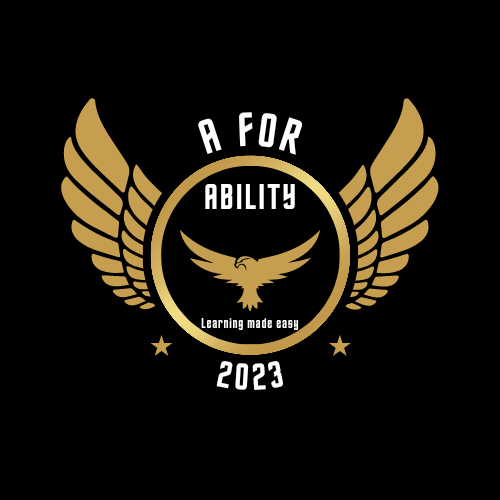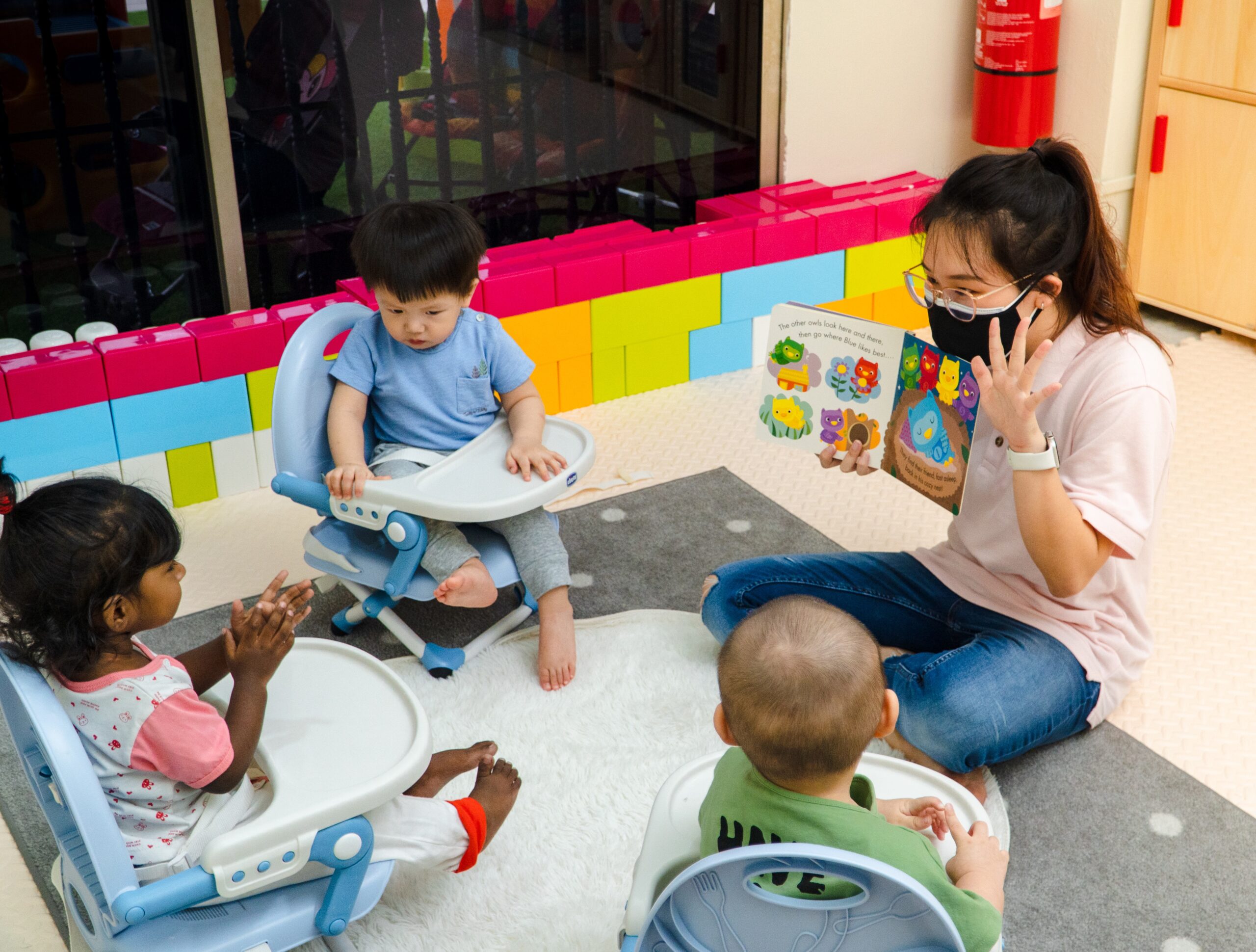The average syllabus for kindergarten students can vary slightly depending on the educational system and curriculum followed by the school or country. However, in general, kindergarten syllabus focuses on providing a foundation for young learners in various areas to prepare them for primary education. Below are some common subjects and topics typically covered in the kindergarten syllabus:
- Language Arts:
- Introduction to the alphabet and letter recognition.
- Basic phonics and beginning sounds of letters.
- Vocabulary development and sight words.
- Introduction to simple reading and writing activities.
- Listening and speaking skills through storytelling and discussions.
- Mathematics:
- Counting numbers and number recognition.
- Basic addition and subtraction concepts using manipulatives.
- Introduction to basic shapes, colors, and patterns.
- Understanding and organizing data (e.g., sorting and classifying objects).
- Science:
- Exploring the natural world through observations and simple experiments.
- Learning about animals, plants, and the environment.
- Introduction to basic concepts of weather and seasons.
- Social Studies:
- Developing an understanding of self, family, and community.
- Learning about different cultures, traditions, and celebrations.
- Introduction to community helpers and their roles.
- Arts and Crafts:
- Engaging in creative activities using various art materials.
- Exploring different art techniques, such as painting, drawing, and collage.
- Encouraging imaginative and free expression through art.
- Physical Education:
- Developing gross motor skills through physical activities and games.
- Enhancing coordination and balance through play and exercises.
- Social and Emotional Development:
- Building social skills, including sharing, taking turns, and cooperating with others.
- Developing emotional intelligence and understanding feelings.
- Practicing positive behavior and conflict resolution.
- Music and Movement:
- Engaging in singing, rhymes, and simple musical activities.
- Exploring rhythm and movement through dance and games.
It’s essential to note that kindergarten is a crucial time for children to develop a love for learning, socialize with peers, and build essential foundational skills. The syllabus is designed to be age-appropriate, interactive, and play-based, fostering a nurturing and positive learning environment for young learners. Additionally, individual schools may incorporate other subjects or topics based on their specific educational philosophies and regional requirements.
Kindergarten education is crucial as it plays a foundational role in a child’s overall development and sets the base for their future academic and social success. Here are some key reasons why kindergarten education is important and how it establishes a strong foundation for the future:
- Early Learning and Brain Development: During the early years, a child’s brain is highly receptive to learning. Kindergarten provides a stimulating environment that fosters cognitive development, language skills, and critical thinking abilities. Early exposure to learning enhances brain connections, making it easier for children to grasp complex concepts in later years.
- Socialization and Emotional Development: Kindergarten provides a safe and supportive space for children to interact with peers and teachers. They learn essential social skills like sharing, cooperation, empathy, and conflict resolution. Building positive relationships at an early age fosters emotional intelligence and helps children develop a sense of belonging and confidence in their abilities.
- Language and Communication Skills: Kindergarten introduces children to basic literacy skills, including letter recognition, phonics, and vocabulary. Early exposure to language-rich environments lays the groundwork for reading and writing, which are critical skills for future academic success.
- Numeracy and Mathematical Concepts: Through playful activities and games, kindergarten introduces fundamental mathematical concepts like counting, basic addition, and subtraction. This early exposure to numeracy builds a strong mathematical foundation, making advanced math concepts more accessible in later grades.
- Creativity and Problem-Solving: Kindergarten encourages imaginative play and creative expression through art, music, and storytelling. Engaging in creative activities enhances problem-solving abilities, fosters innovation, and develops a child’s capacity to think outside the box.
- Love for Learning: Kindergarten instills a love for learning in young children by making education enjoyable and exciting. When children experience success and joy in their early educational experiences, they are more likely to approach learning with enthusiasm throughout their academic journey.
- Preparation for Formal Schooling: Kindergarten serves as a bridge between home and formal schooling. It eases the transition to primary school by familiarizing children with the school environment, routines, and expectations. Children who attend kindergarten are better prepared to adapt to the structured learning environment of primary school.
- Confidence and Independence: As children navigate the kindergarten experience, they develop a sense of confidence and independence. They learn to complete tasks on their own, follow instructions, and take pride in their accomplishments, which sets the stage for a positive attitude towards learning and personal growth.
- Exploration of Interests: Kindergarten provides opportunities for children to explore their interests and strengths. This early exposure to various subjects and activities helps identify a child’s passions and talents, laying the groundwork for future academic and career paths.
Kindergarten education is a critical phase that prepares children for their future academic journey and overall development. It nurtures their cognitive, social, emotional, and creative abilities, instills a love for learning, and empowers them to become confident, independent, and successful individuals. A strong kindergarten foundation equips children with the skills and attitudes necessary to thrive in higher grades and beyond, shaping their lifelong learning journey.

